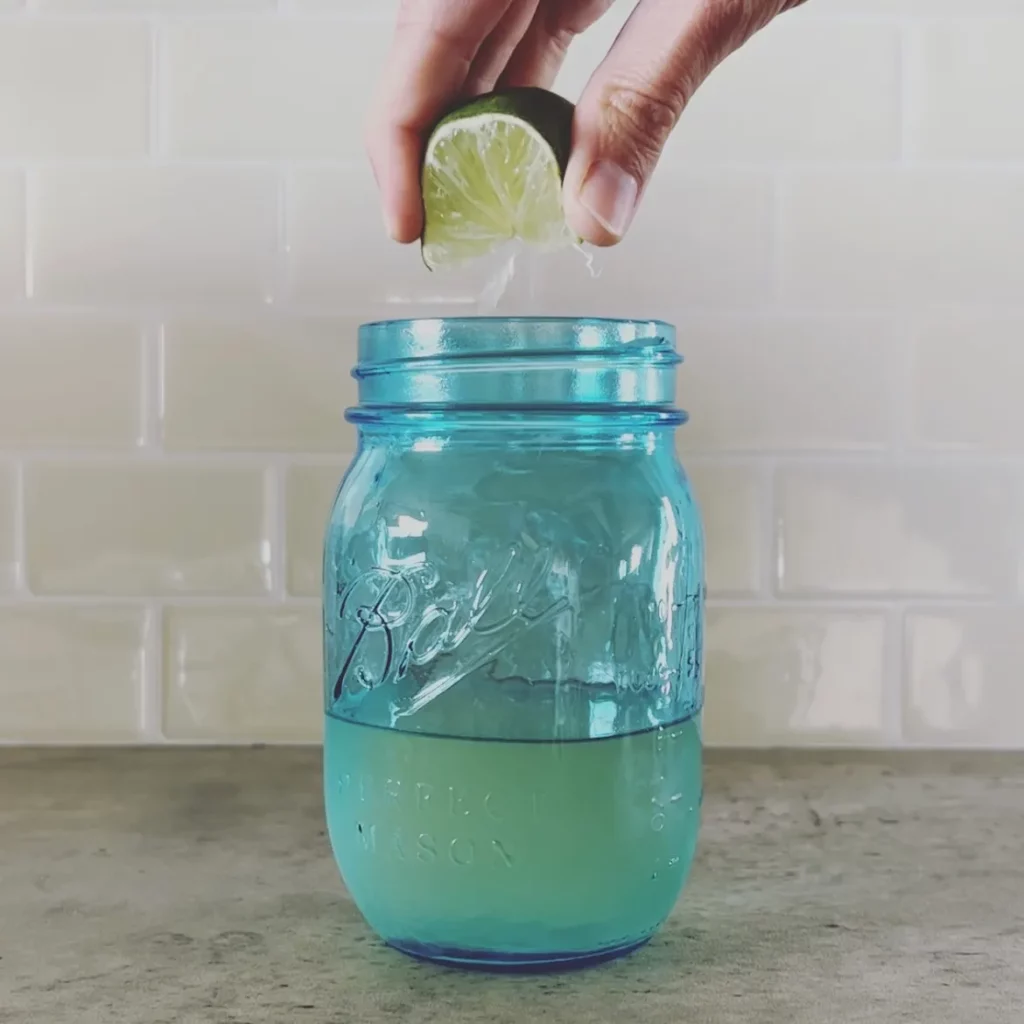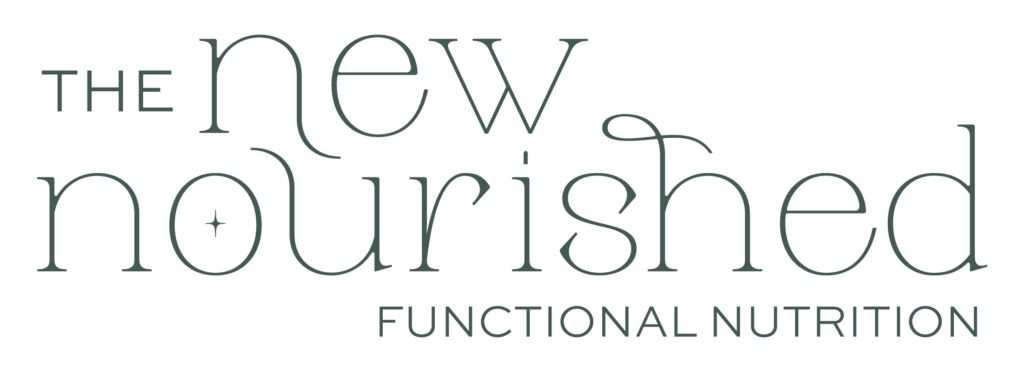
When it comes to health, most people are used to thinking about vitamins, but minerals, which are just as important, are often left out of the conversation. Just like vitamins, minerals are micronutrients that the body requires to carry out a range of everyday functions. Minerals are inorganic elements found in soil and water and are absorbed by plants or consumed by animals (in the form of plants). They are not produced in our bodies and therefore need to be obtained from the foods we eat. They are needed in only minimal amounts compared to macronutrients (carbohydrates, protein, fat) but that doesn’t always mean it’s easy to get enough.
Why Your Body Needs Them
In the body, minerals act as co-factors that kick off many different reactions. These reactions are essential to generating energy, making hormones, signaling hormones, producing enzymes and supporting just about every basic function in the body. Without enough minerals, these reactions are forced to slow down, eventually resulting in changes to metabolism, digestion, hormones, immunity, etc. Common ways this manifests includes bloating and constipation, fatigue, brain fog, imbalanced blood sugar and skin issues.
Mineral depletion – not having enough mineral stores in the body to support daily functioning – results from not getting enough via food (or supplement) sources and/or burning through them too quickly due to stress. Stress causes minerals to be used up more quickly in the body, and chronic stress often leads to depletion. This can make it hard to keep up with adequate intake – especially if it’s not something you know you need to watch out for!
It’s important to note that stress doesn’t just refer to what we think of as emotional stress. Stress on the body can be also caused by things like intense exercise, dieting or under-eating, infection or illness, gut inflammation and lack of rest.
Which Minerals Matter?
The four minerals the body requires in the largest amounts are: sodium, potassium, magnesium and calcium. Sodium and potassium also moderate fluid balance in the body and are essential for optimal hydration. Others, required in smaller amounts, include iron, zinc, copper and selenium. These are just to name a few as there are many, many more, including those considered “trace minerals” because the body requires them in only minimal amounts.
While all of the minerals listed above can be obtained from food, changes to soil and farming practices over recent decades have reduced the concentration of micronutrients in our food supply. Less mineral rich food coupled with higher rates of chronic stress increases the likelihood of mineral depletion and the health consequences that come with it.
Increasing Your Intake
In order to replete mineral status, it is important to both increase intake of minerals and manage stress to reduce the body’s demand. The first step toward both of these goals is eating a balanced diet that includes a variety of foods from all food groups. Eating consistently throughout the day not only provides more opportunities to get necessary nutrients, but it also helps keep your blood sugar balanced, which reduces feelings of anxiety and helps you to be more resilient to stress.
If you’re eating enough in general, the next step is to make an effort to consume enough mineral-rich foods. Here are some of the best food sources of the big 4 minerals:
- Sodium – salt, fermented foods, pickles
- Potassium – potatoes, tomatoes, squash, mango, banana, aloe vera, coconut water
- Magnesium – cooked leafy greens, avocado, cacao, pumpkin seeds, dates, seafood
- Calcium – dairy, sardines, cooked leafy greens, almonds, tahini, pearl powder
Eating a variety of animal proteins and whole plant foods will help ensure intake of other important minerals like iron, copper, zinc and selenium. Worrying too much about each micronutrient can get a little overwhelming, but these are some other mineral superstars to include regularly in your diet: beef, beef liver, eggs, shrimp, oysters, seaweed, bee pollen, brazil nuts, spirulina.
Mineral Mocktails
The truth is, getting enough minerals from food alone can be challenging, especially when the body’s needs are elevated. An easy way to boost daily mineral intake is by mixing up a mineral mocktail. A mineral mocktail is essentially a drink that includes ingredients high in potassium, sodium and sometimes vitamin C (which supports a healthy stress response.)
My go-to mineral mocktail is this Coconut Limeade:
8 oz coconut water
Juice of ½ of a lime
⅛-¼ tsp Redmond Sea Salt
Optional: add 1 scoop of powdered magnesium (such as MagSoothe by Jigsaw Health)
Shake or blend ingredients together using an electric whisk. Add ice and enjoy!
You can use pre-mixed electrolyte powders, too! (P.S. electrolytes = minerals!) These save time and are great for when you are traveling or on the go. Some of my favorites include: LMNT, Cure, Bumbleroot Hydration and Redmond Re-lyte.
How Much is Enough?
So how do you know if you’re getting enough minerals? If you are incorporating some of the foods and practices mentioned above and start to feel better, you are probably already reaping the benefits of improved mineral status. However, sometimes additional supplementation is necessary, especially if depletion is severe or has been going on for a while. Magnesium, for example, is harder to get from food, so many people benefit from supplementation. If you are experiencing a lot of digestive or hormonal symptoms, you may want to consider testing your mineral status and working with a professional to create a plan personalized for you.
Remember, making sustainable changes to improve your health takes time! Don’t feel discouraged if you don’t notice benefits right away. Consistency is key, and all the small things you do to support your health goals will create a big impact over time. For more on minerals, gut health and hormone balance you can also follow me on Instagram @thenewnourished or sign up for my newsletter.
Learn more about functional lab testing and working with me in my 1:1 programs here!


